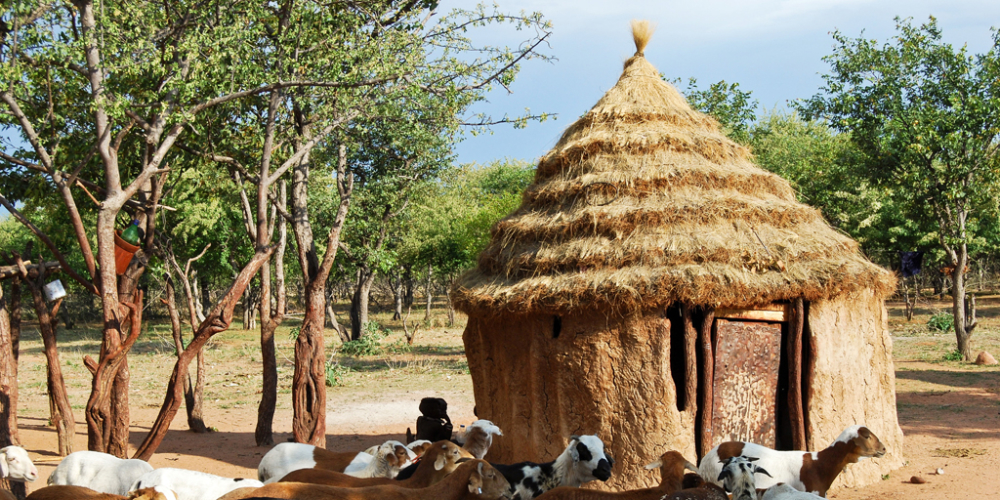Smart data saves lives: Data collection methods in the field
08 Jun 2018

Accurate data is important. It has the power to influence major change. Every day you make decisions that depend on the reliability and validity of data. As such, the quality of your data collection methods is fundamental to your organisation. So how can you capture data in a way that saves time, reduces costs – and in some cases even saves lives?
PERSONAL DATA
Many organisations rely on data to gain insight into specific situations. Charities, for example, often need to capture personal data alongside situational data like environmental information. However, personal data comes with strings attached.
ANONYMISING DATA
Charities must protect the privacy rights of the individuals whose personal data they hold. One way to do so is to anonymise this data. Anonymisation techniques such as randomisation and generalisation work best together. Others such as masking and pseudonymisation remove certain personal identifiers, helping to reduce risk of identification. By appropriately anonymising personal data, charities can balance the right to privacy against their legitimate goals.
These options are now available to any organisation. You can collect information at source, quickly and efficiently, with a tool already in most aid workers’ pockets – a smartphone.
OFFLINE DATA COLLECTION METHODS
The availability of smartphones gives individuals and businesses access to secure, intelligent ways to collect data like never before. What’s more, smartphones are portable. They can utilise data capture software to collect information without a signal. So you can capture data offline in the most remote corners of the globe. When back online, collected data syncs automatically to the cloud, delivering iterative, evidence-based data from those on the frontline. This provides invaluable evidence to inform choices and back up research that shapes decisions and policy.
SEE THE BIGGER PICTURE
But is that the end? Not at all. Continuous data collection enables organisations to plan for the long term, learn from real-world effects, and feed intelligence into ongoing research and support programmes. The greater the depth and accuracy of this information, the greater the impact is on the ground.
So how can your organisation capture accurate data? Well, it all begins with a smartphone.

Please login to comment.
Comments